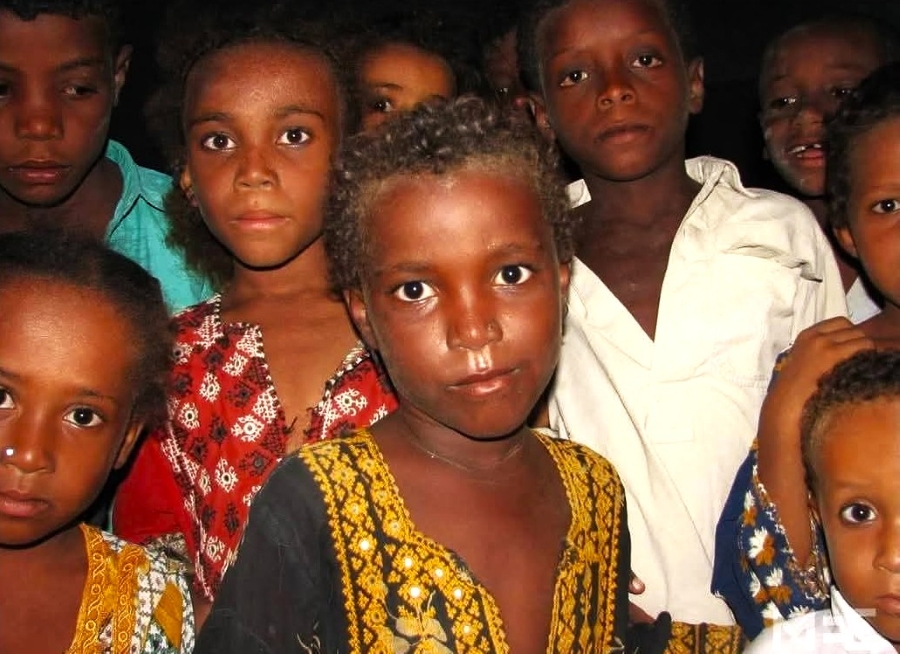The Black people currently found in Iran actually originated from Kenya, Tanzania and Somalia with some having Ethiopian roots.
It has been discovered that these black people of Iran are descendants of more than 718,000 slaves who were taken from the East African region.
The slaves had been captured from the areas now covering Kenya, Tanzania, Ethiopia and Somalia.
In fact some Swahili descendants have been found in Bandar Abbas of Iran.
There are other black Iranians who were also captured from as far south as Mozambique.
These were eventually sold to the Persians by the Portuguese.
Many of these African slaves, mostly women and girls, worked as household servants to Iranian women.
Black men were likely to be castrated, turned into eunuchs and employed to be working inside the king’s harem and houses. Being harmless sexually, the impaired men also escorted the queens and princesses as bodyguards
Other men worked as militiamen and sailors in the Persian Gulf.
After their emancipation many former African slaves stayed in Iran’s southern regions on the Persian Gulf.
They are mainly scattered from Southwest Iran through the coastal areas of Persian Gulf to the Southern region of the country.

Although Afro-Iranians were not able to trace their origins due to the formation of new identities in their host society, they subconsciously carried out some practices that had some cultural connections to Africa.
For example playing African-like drums and carrying out things such as female circumcision which was very common among the Bantus of East Africa.
In his book Zar VA Bad VA Baluch (1977) the late Iranian scholar Ali Riyahi recorded the existence of East African Bantu descendants in Sistan and Baluchistan Province in Iran.
Ali Riyahi said these people carried out many cultural practices that are similar to those carried out in East Africa.
They circumcised their daughters on a rock near the tomb of Khazar in the Chahbahar region. Another Iranian scholar called Kababi found some Swahili descendants in Bandar Abbas.
However, most marginalised Afro-Iranians usually identified themselves to be full Iranians and at times they get upset whenever they are asked about their African origins.

